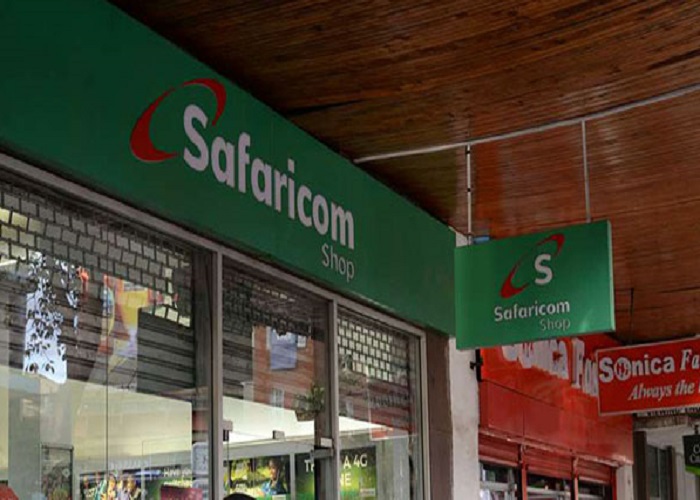Safaricom Wants Telkom and Airtel to Pay Ksh 1.3 Billion Debt Before Merger

Telkom Kenya Chief Executive Mugo Kibati on Tuesday said Safaricom was interfering with the Airtel-Telkom merge. Speaking at a news conference, Mugo Kibati said Safaricom had written to the Communications Authority of Kenya (CA) to stop the merger over concerns it needed to be addressed.
“It is unfortunate that Safaricom wants to revise deal that will offer consumers credible options, does Safaricom don’t want to see the sector grow, are they wary of competition and even more precisely wary of choice, competitive pricing and value for money for the consumer,” he said.
Safaricom has, however, today issued a statement dismissing these claims.
‘’Our attention has been drawn to claims by Telkom Kenya that Safaricom is opposed to its proposed merger with Airtel Kenya. We wish to clarify that this is not Safaricom’s position. ‘’ a statement signed by the company acting CEO Michael Joseph read.
Safaricom insists it’s not against the merger but it has raised valid concerns that it hopes CA will consider and address before the Airtel-Telkom merger is approved.
The first is the debt owed by the two operators, amounting to KES 1,297,448,468.88, incurred for the provision of various services including interconnection, co-location and fibre services.
”This debt is due and payable, based on the agreement to provide services entered into with the two entities as distinct operators. Our expectation is that the payment obligations should be settled in full before the transfer of business is affected.’’ Michael Joseph says.
The second is the need to rebalance the frequencies allocation. Post-merger, Airtel-Telkom will jointly hold 77.5 MHz of spectrum against a customer base of 17.3 million, compared to Safaricom’s 57.5 MHz with almost double the customer base at 31.8 million. Given the size of Safaricom’s customer base in comparison to the current spectrum holdings, Safaricom says it is apparent that the transaction will create a disproportionate imbalance in the spectrum allocation, which will be inconsistent with the market share.
The third, Safaricom says is the equal treatment of operators and creation of a level playing field within the industry, specifically in relation to licensing and operations requirements.
Telkom Kenya yesterday noted that the merger will create a vibrant telecommunication industry offering consumers better choices and value for their money.
Safaricom, however, is insisting that ‘’industry players are free to engage and organize themselves as they please, subject to regulatory approvals, to achieve their objectives. ‘’
Follow us on, Twitter, Facebook or subscribe to our weekly newsletter to ensure you don’t miss out on any future updates.



